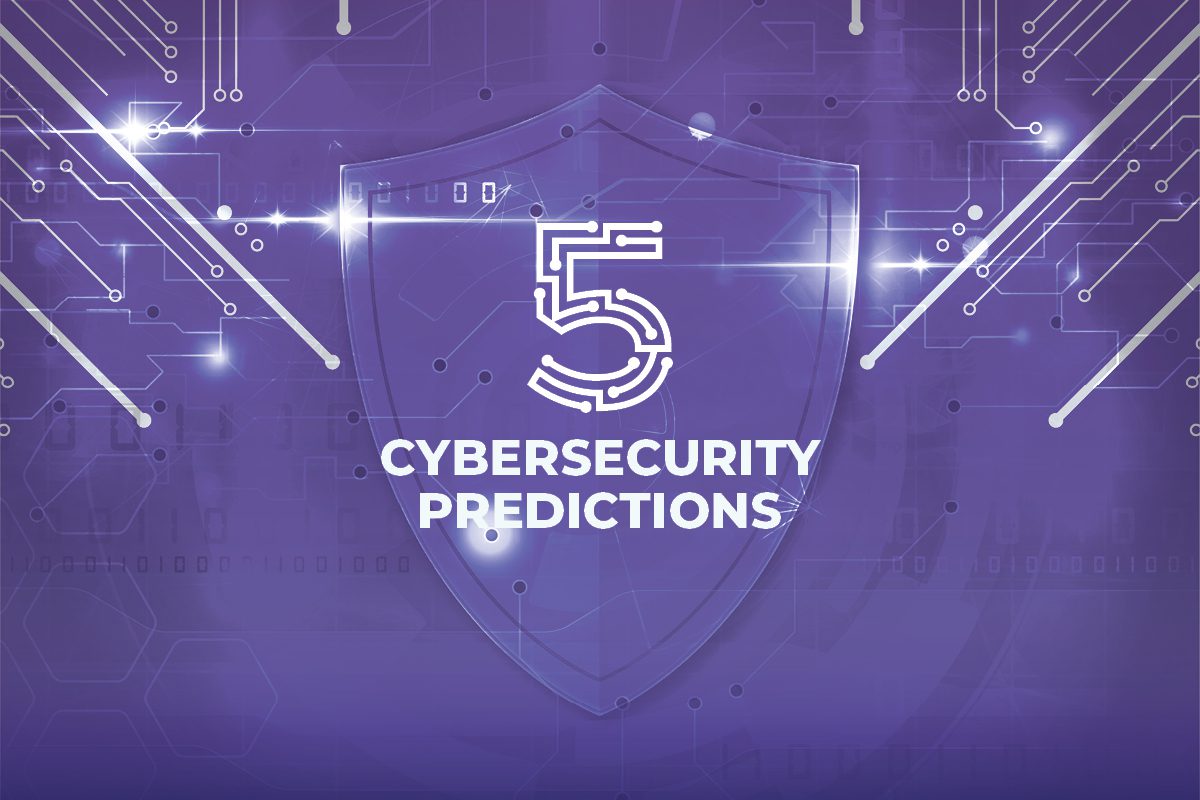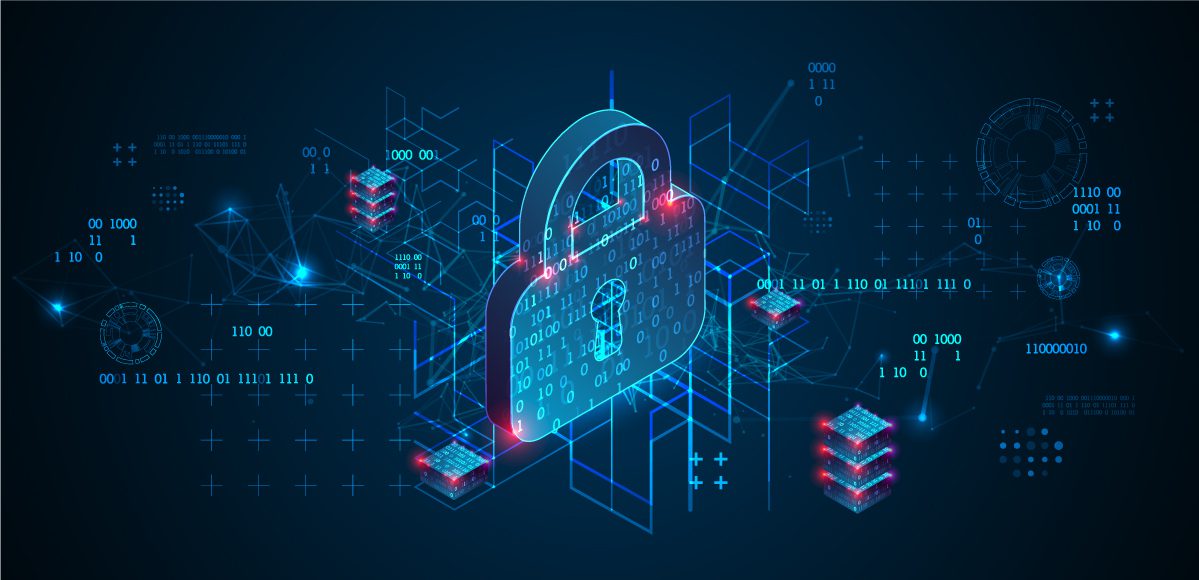On Wednesday, President Biden signed legislation that encourages federal government agencies to adopt quantum computing technology, a move seen as critical to protect against foreign cyberattacks. The Quantum Computing Cybersecurity Preparedness Act, co-sponsored by Senators Rob Portman (R-Ohio) and Maggie Hassan (D-N.H.), is a response to the growing threat of quantum computing used by countries hostile to the United States to break through existing forms of secure encryption. Let’s take a closer look at this new law and why it’s so important for federal agencies.
So, What Exactly is Quantum Computing?
A quantum computer is a device that performs computations using the principles of quantum mechanics. This technology works by storing information in the states of subatomic particles, such as electrons or photons. These particles can exist in multiple states simultaneously—known as superposition—and are able to communicate with each other without having to be physically connected—known as entanglement. This allows them to process data much faster than classical computers by exploiting these phenomena.
Quantum computing has tremendous potential for businesses because it enables them to solve highly complex problems that would otherwise take too long for traditional computers to process. For example, quantum computers can solve optimization problems that would normally require hundreds or even thousands of years for a classical computer to finish in just a few hours or days. This means businesses can save time and money by taking advantage of quantum computing’s unique capabilities. In addition, quantum computing is also incredibly energy efficient due to its ability to process large amounts of data simultaneously. This makes it an ideal solution for companies looking to reduce their carbon footprint and minimize their environmental impact.
The Need for Post-Quantum Cryptography
Post-quantum cryptography (PQC), also known as quantum-proof cryptography, is an advanced type of cryptography that is designed specifically to protect against decryption by quantum computers. Traditional forms of encryption will become obsolete in the face of powerful quantum computing capabilities, which means the security of networks and data will be significantly compromised if they are not updated with PQC. That’s why this new law requires the Office of Management and Budget (OMB) to prioritize acquiring and migrating to IT systems with post-quantum cryptography for all federal agencies. In addition, OMB must create a plan on how best to deploy PQC across federal systems within 18 months of enactment.
The Benefits of Post-Quantum Cryptography
Having a strong post-quantum cryptography system in place will enable federal agencies to better protect their networks from malicious actors who may be using sophisticated quantum computers to gain access or decrypt sensitive data. This is particularly important for government agencies that handle protected health information, financial records, or other sensitive data that could be exploited if accessed without authorization. Additionally, having advanced cybersecurity measures in place can help ensure compliance with industry regulations such as HIPAA and GDPR. By taking proactive steps now, federal agencies can better prepare themselves for any potential cyber threats posed by foreign adversaries leveraging powerful quantum computing technologies.
President Biden signing the Quantum Computing Cybersecurity Preparedness Act into law is an encouraging sign that the U.S government recognizes the need for strong encryptions protocols to protect its networks from potential cyberattacks using quantum computing technologies. This new law will help ensure that all federal agencies are equipped with post-quantum cryptography systems to guarantee their network security now and well into the future. Businesses should also consider following suit in evaluating their own IT security measures and exploring post-quantum cryptographic solutions available on the market today to stay ahead of emerging threats posed by advanced quantum computing technologies.



